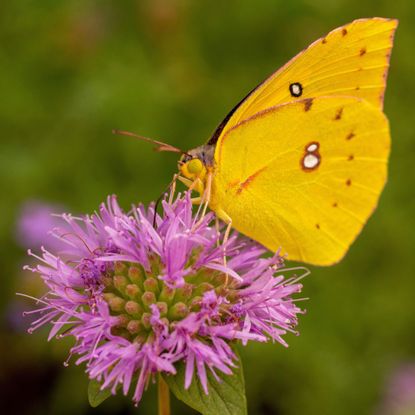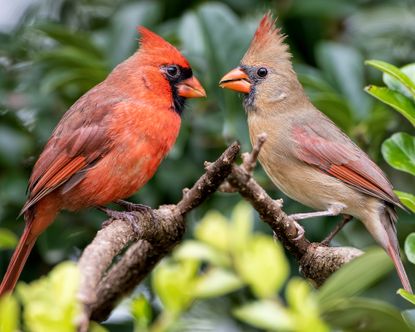Beneficial Garden Friends
Pollinators, beneficial insects, and wildlife all play key roles in sustainable gardening. Did you know possums are actually good for your yard? Or how bees see flowers? Here you’ll find articles running the gamut from how to start a pollinator garden to how to use chickens as organic pest control.
-
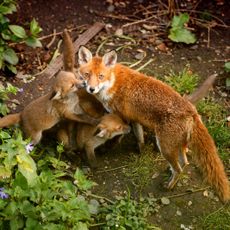
How To Turn Your Garden Into A Certified Wildlife Habitat
You can make your garden an official haven for wildlife. Here's how.
By Amy Grant
-
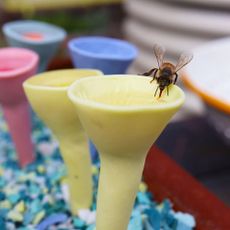
Bee Cups For Gardens: How To Add A Pollinator Water Station
Support bees and butterflies by adding a water station to your garden. Choose from DIY solutions to stylish designs that will add to the charm of the space.
By Melanie Griffiths
-
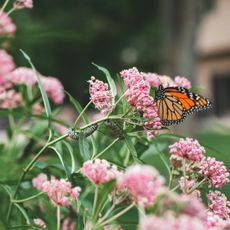
Pollinator Garden Certification Guide: Turn Your Yard Into An Official Pollinator Preserve
You can get a pollinator garden certification by making your yard or garden a safe haven for pollinators with food, water and shelter.
By Mary Ellen Ellis
-
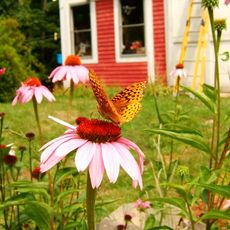
Turn Your Yard Into A Wildlife Habitat: 10 Easy Ways To Make A Wildlife Sanctuary
You may be dreaming about ways to turn your yard into a wildlife habitat. We say, follow your dreams!
By Teo Spengler
-
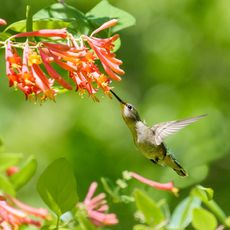
Try These Hummingbird Vines: 8 Best Flowering Vines For Hummingbirds
Want to improve your chances of attracting some of the world’s most charming avian visitors? Here are the best eight flowering vines for hummingbirds
By Tonya Barnett
-
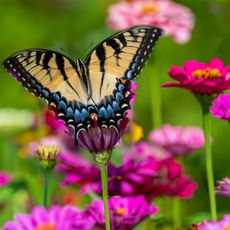
Beautiful Butterfly Garden Ideas: 10 Ways To Attract Pretty Pollinators To Your Yard
Bringing butterflies to your backyard is one of the most important ways you can enhance wildlife, boost pollination and improve biodiversity. These 10 butterfly garden ideas can get you started
By Mary Ellen Ellis
-
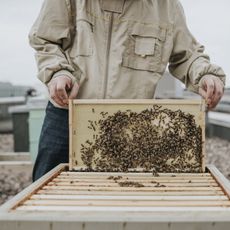
Urban Beekeeping Guide: Top Tips For Raising Bees In The City
Urban beekeeping can be a rewarding and appreciated pastime, but first be sure it’s legal in your city and learn the ropes of beekeeping.
By Mary Ellen Ellis
-
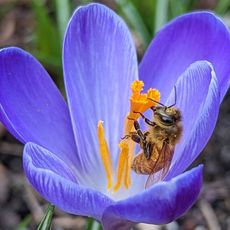
When To Clean Up Garden Beds In Spring To Protect Pollinators
Every spring, I'm reminded that many species of insects have used my garden as a winter hotel and may not be ready for a wake-up call just yet.
By Teo Spengler
-
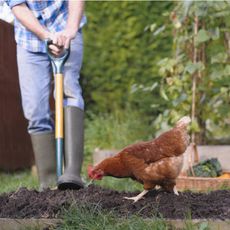
Do Chickens Eat Bugs? Using Poultry As Organic Pest Control
Chickens seek and destroy bugs, making them a gardener's best friend. For garden pest control, fresh eggs and great companionship, try raising chickens.
By Bonnie L. Grant
-
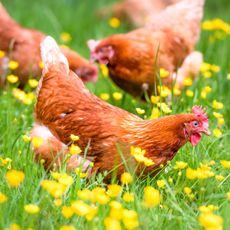
Planting For Chickens: Why You Should Plant A Chicken Garden
If you’ve never considered planting for chickens, this is your chance to enjoy their joyful benefits. We show you how to make an easy chicken garden
By Amy Grant
-
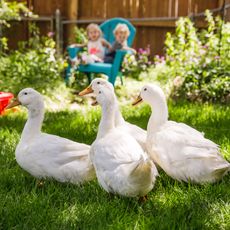
Why It's Time To Raise Ducks For The Garden – Move Over, Chickens!
Others might call you quackers, but if you get some ducks for the garden, you can enjoy a host of plot-friendly benefits. Just follow our expert guide to make the most of these unique creatures
By Mary Ellen Ellis
-
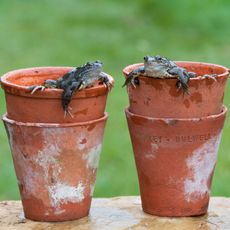
Best Plants For Frogs: 7 Plant Varieties To Bring More Froggies To Your Yard
A frog-friendly environment is one of the key indicators for garden health – so if you want to improve the health of your plot, here are seven plants for frogs you need to try
By Janey Goulding
-
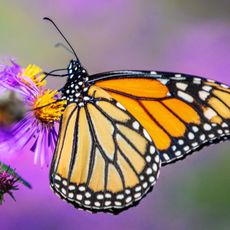
Support Your Area's Pollinators By Using Keystone Plants
An understanding of keystone plants is not just a great way to make sure your garden is as enticing as possible to pollinators – it’s critical for the future of key species. We show you how to raise your eco-awareness
By Teo Spengler
-
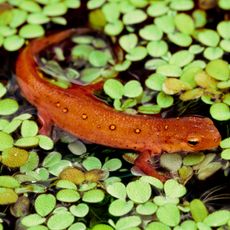
How To Create A Newt Habitat For Exotic Garden Wildlife
If you create a newt habitat, you’ll give your wildlife garden a boost while making friends with some highly engaging animals. We show you how easy it is to make room for newts
By Teo Spengler
-
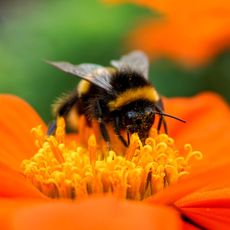
Boost Your Natural Pollinators: Native Bees To Welcome To Your Garden
There are many species of native bees in North America that we can support and attract by offering them food and shelter.
By Tonya Barnett
-
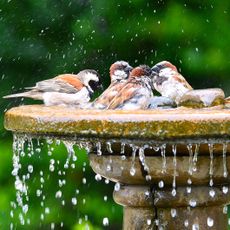
Don’t Make These 5 Bird Bath Mistakes If You Want More Birdies!
Love your birdlife but failing to entice many feathered visitors? Check your backyard’s bathing facilities and make sure you avoid these classic bird bath mistakes
By Janey Goulding
-
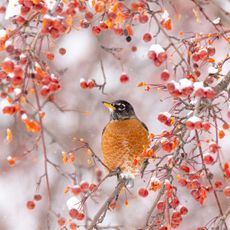
Feeding Wildlife In Winter: Grow Plants To Feed Animals
If you want to bring more wildlife to your backyard, make sure your plants can feed them in colder months. These plants are perfect for feeding wildlife in winter
By Mary Ellen Ellis
